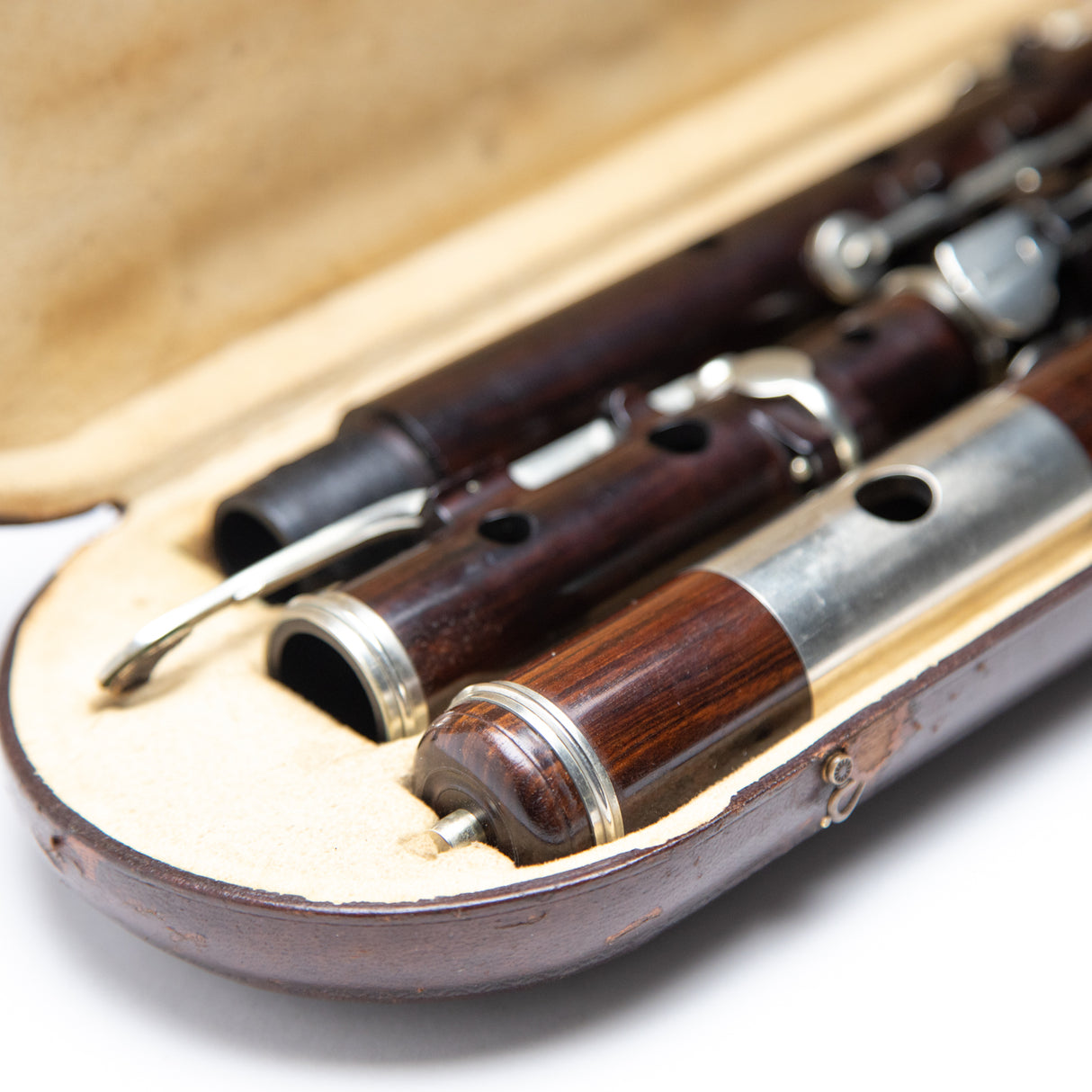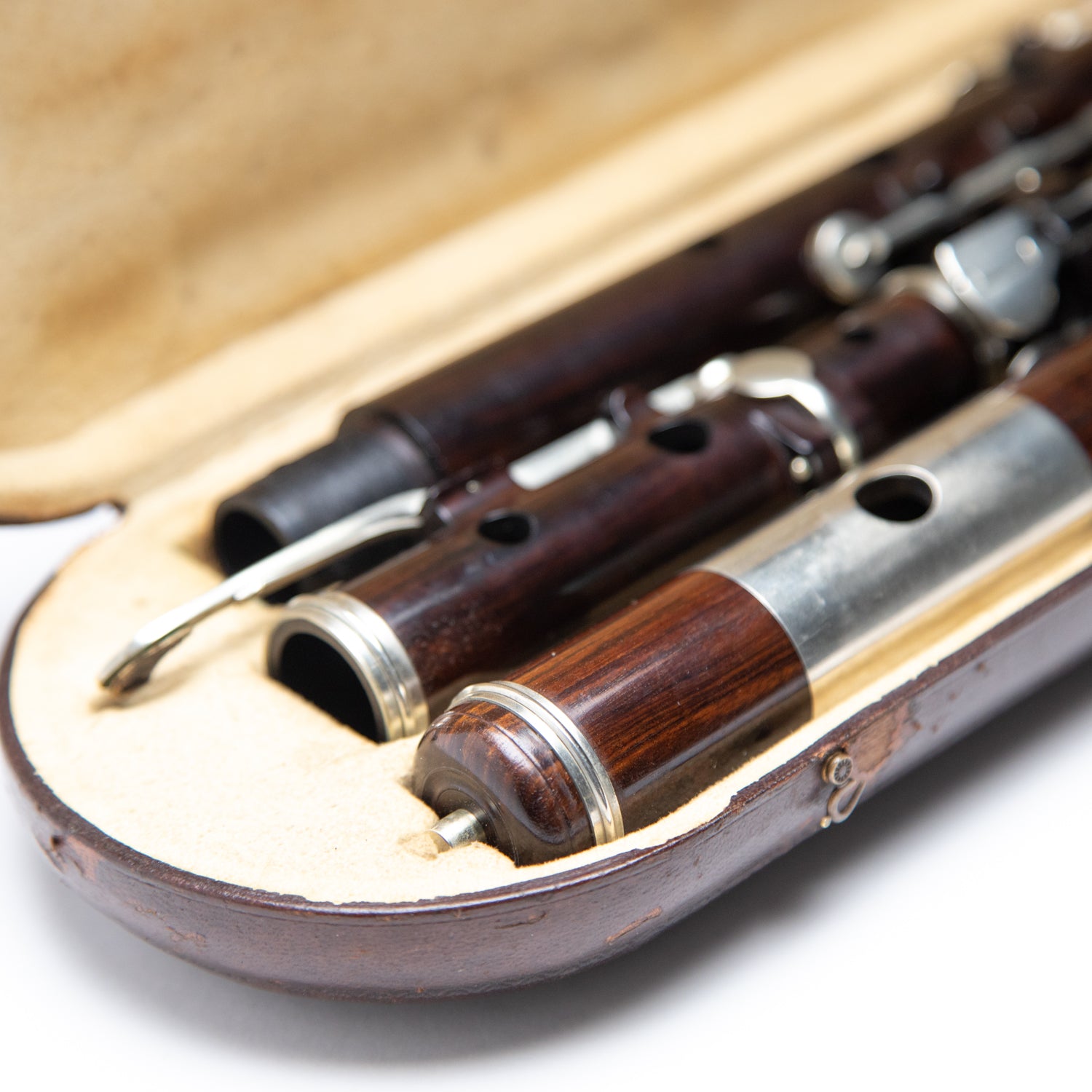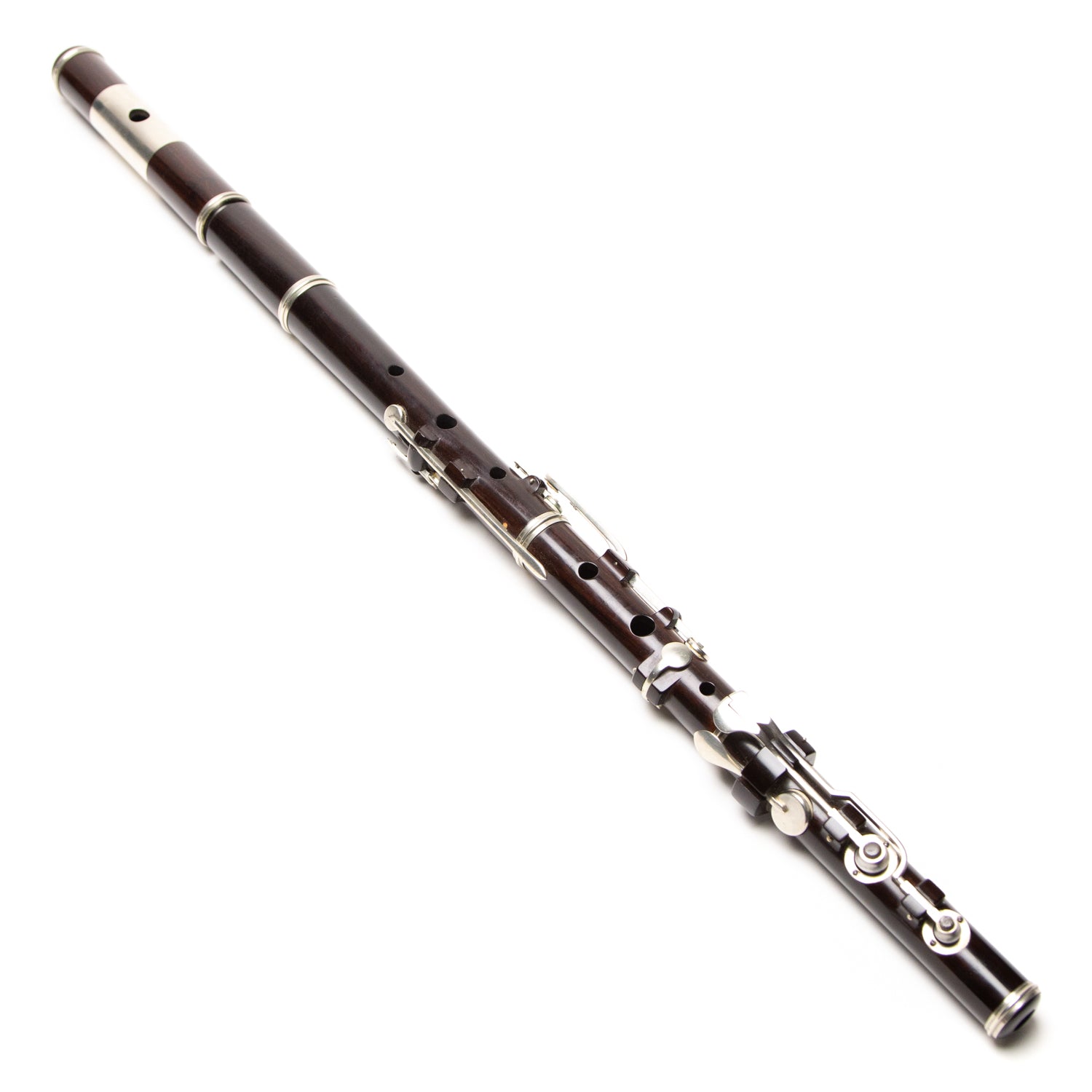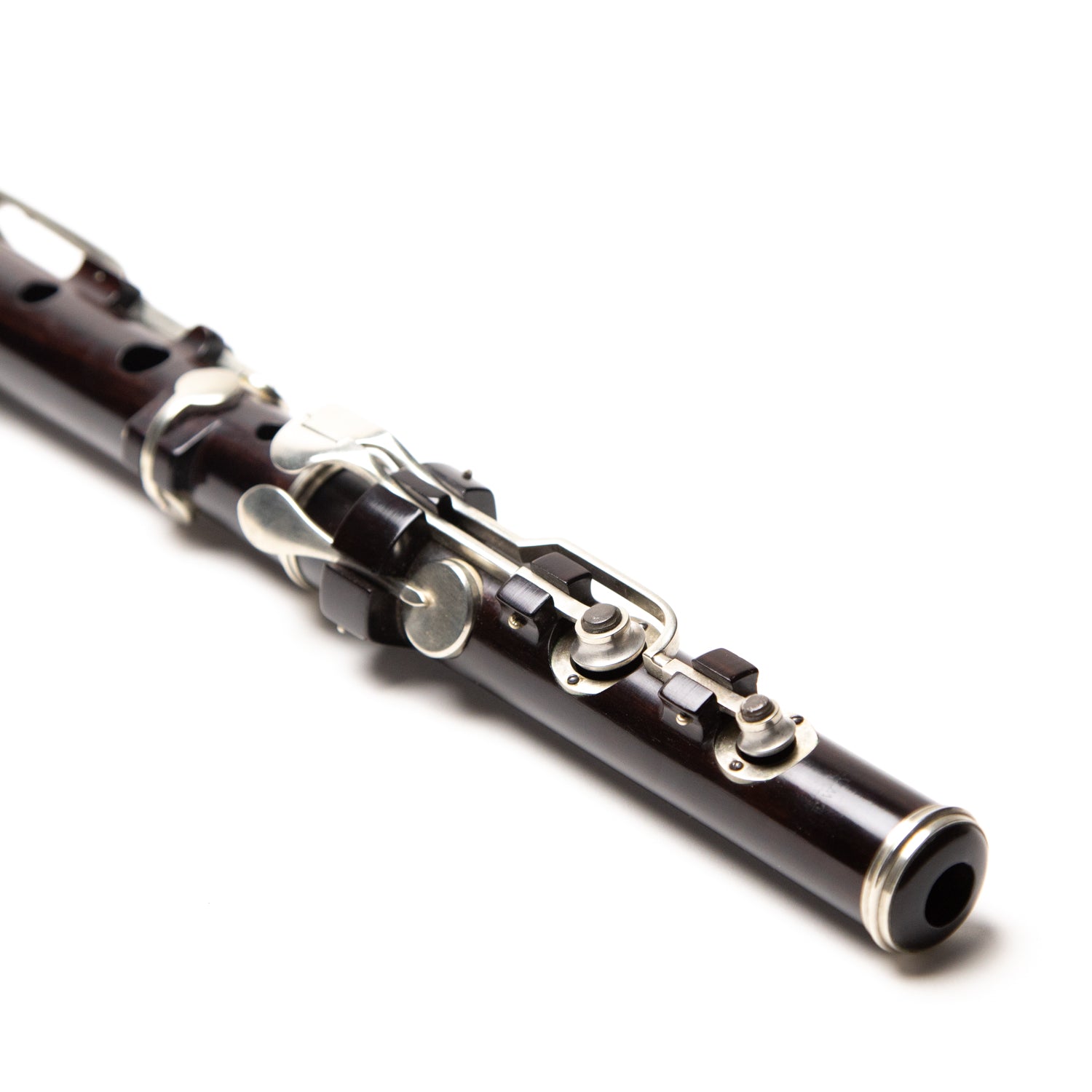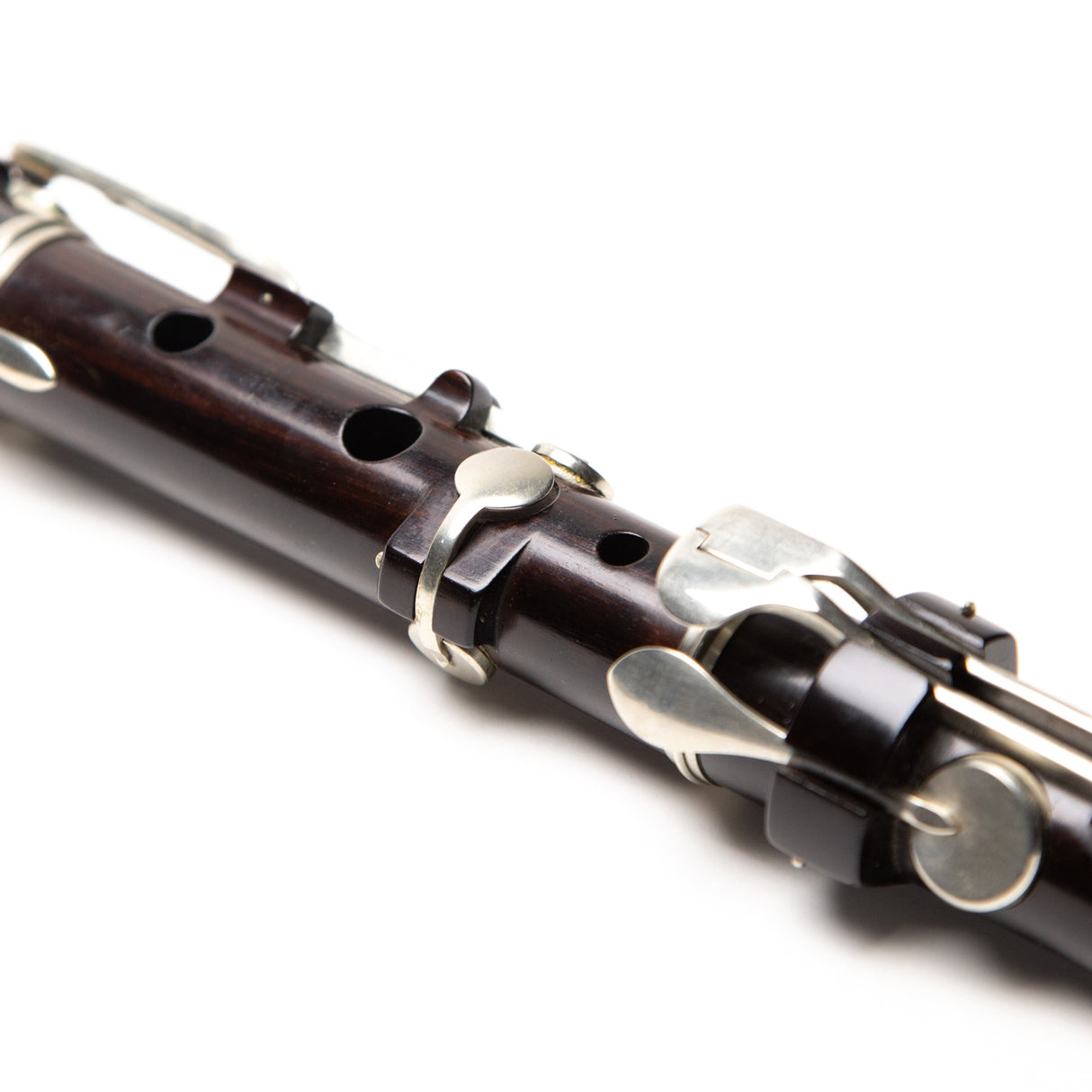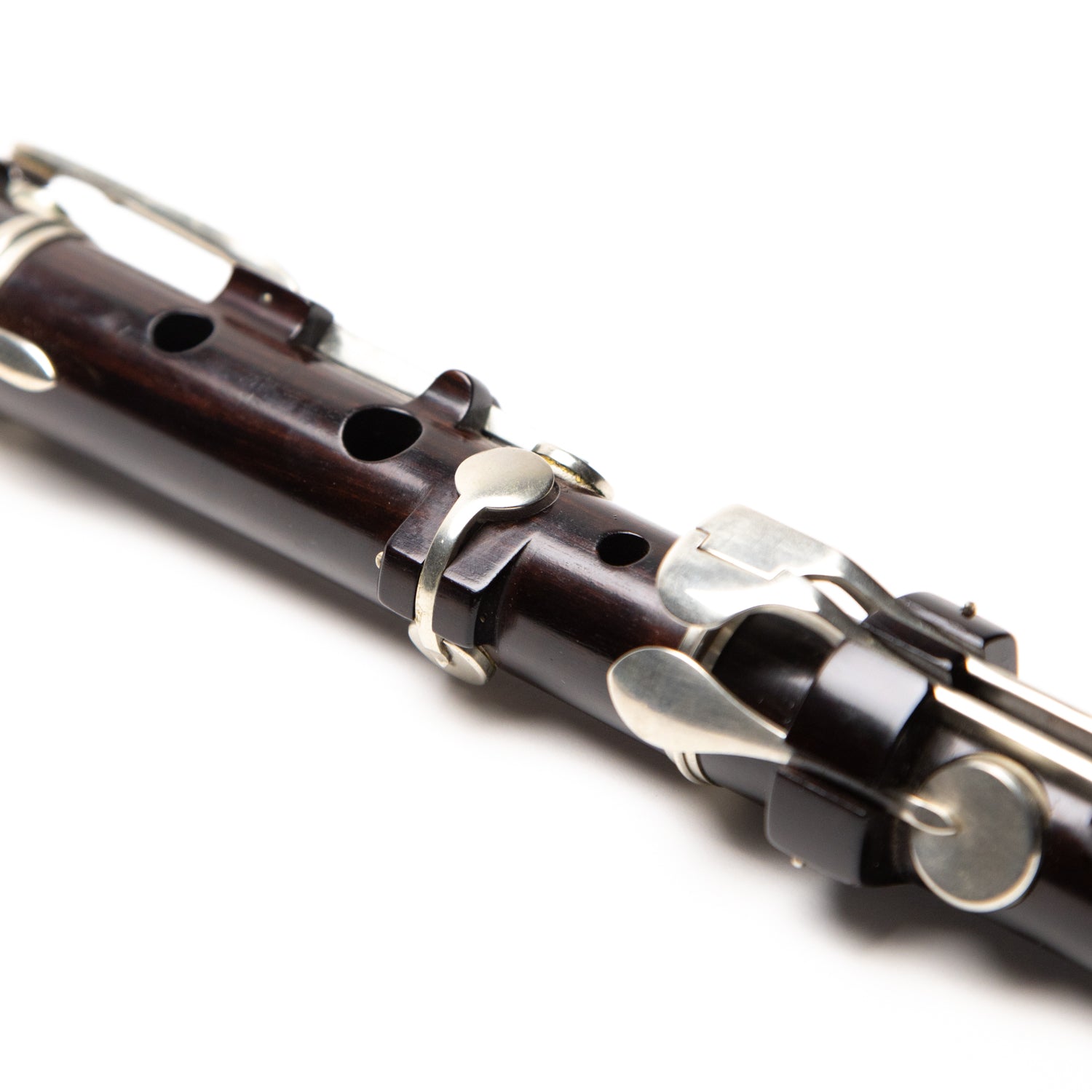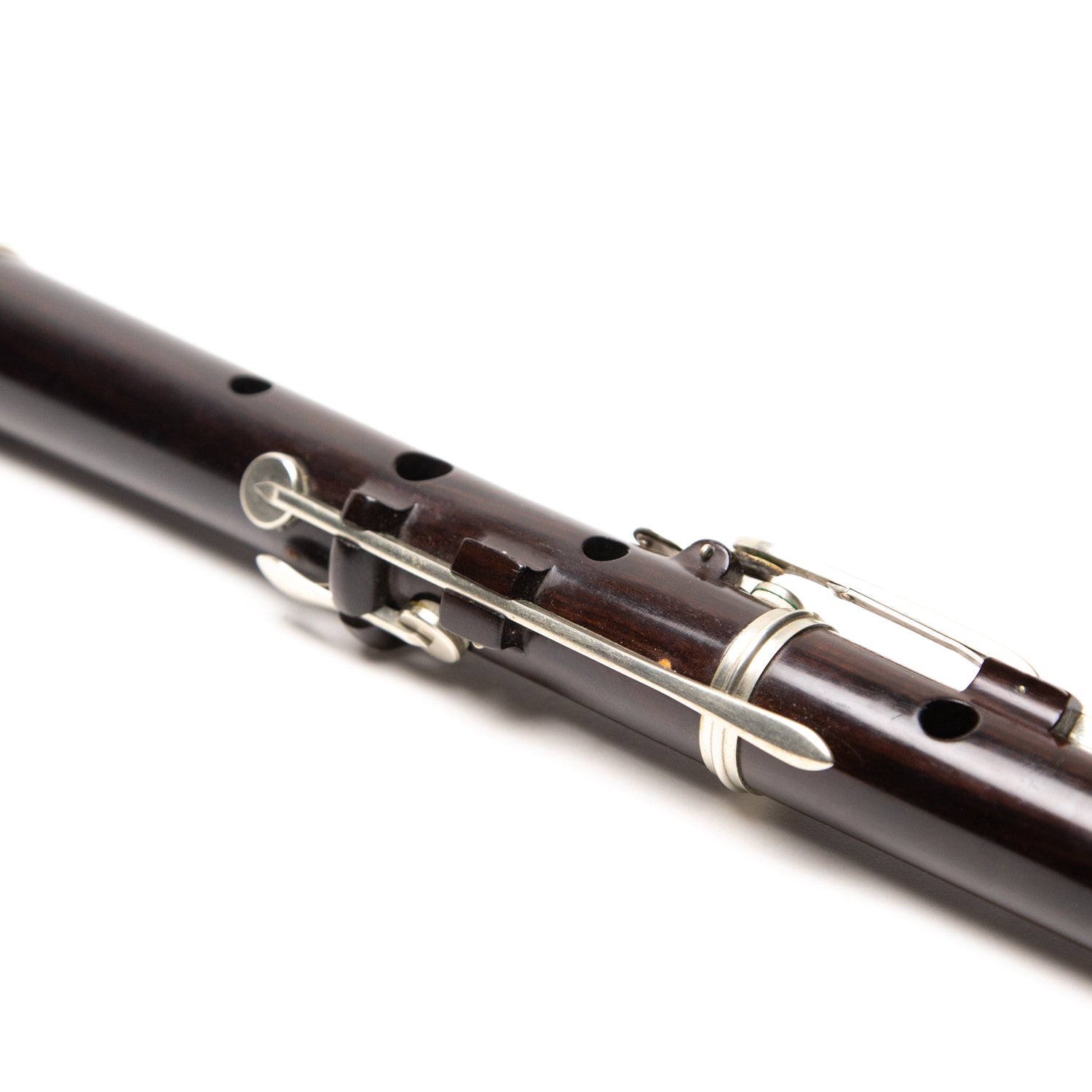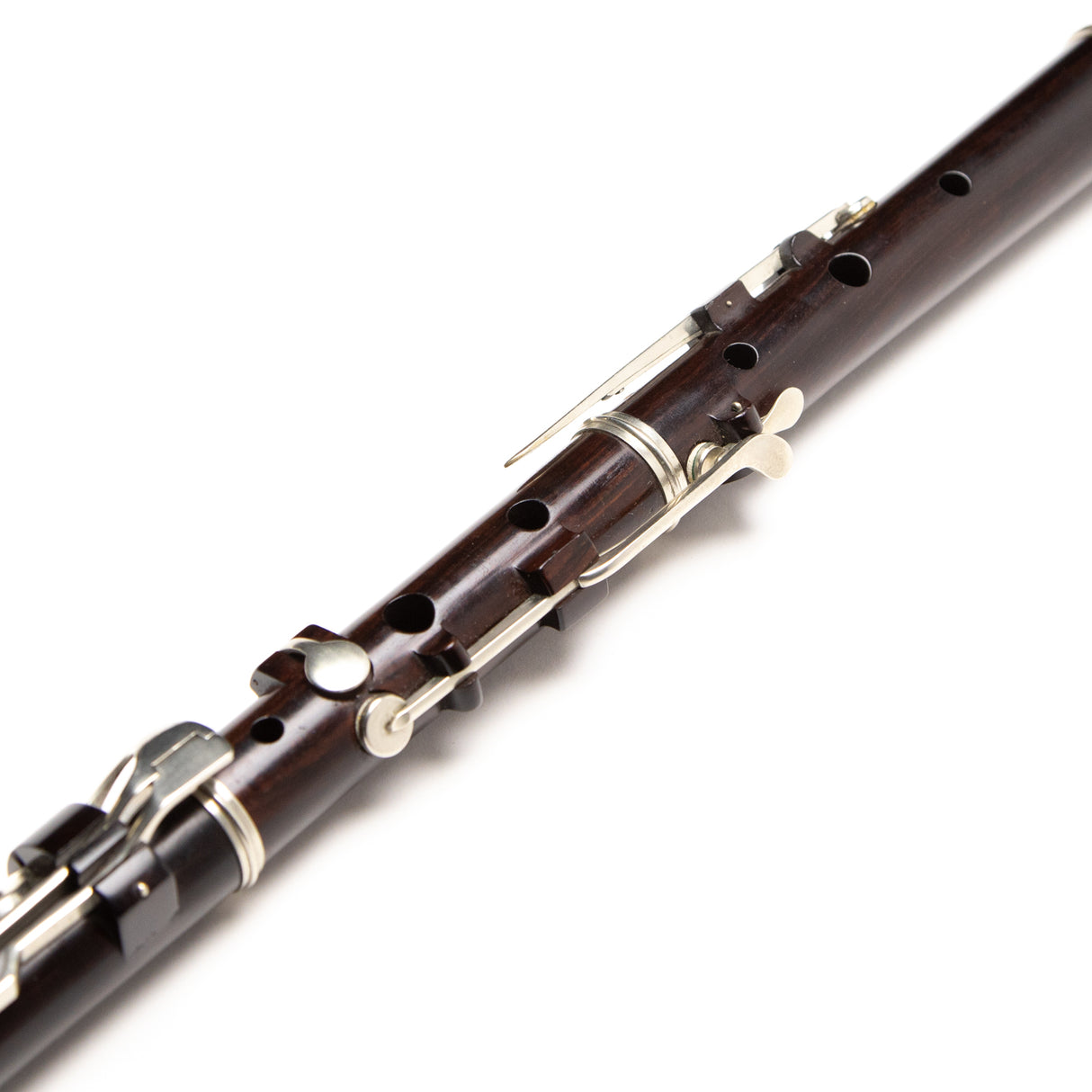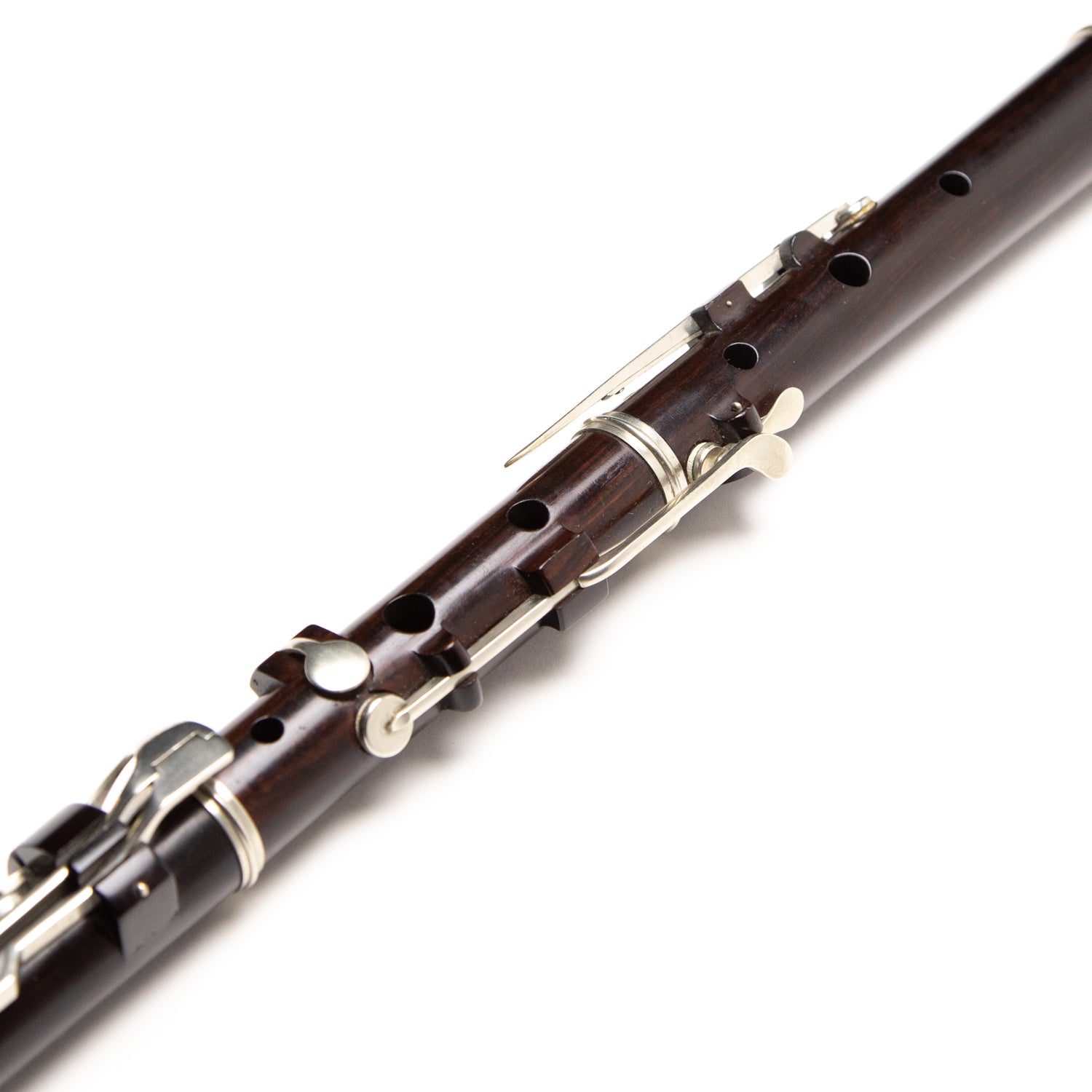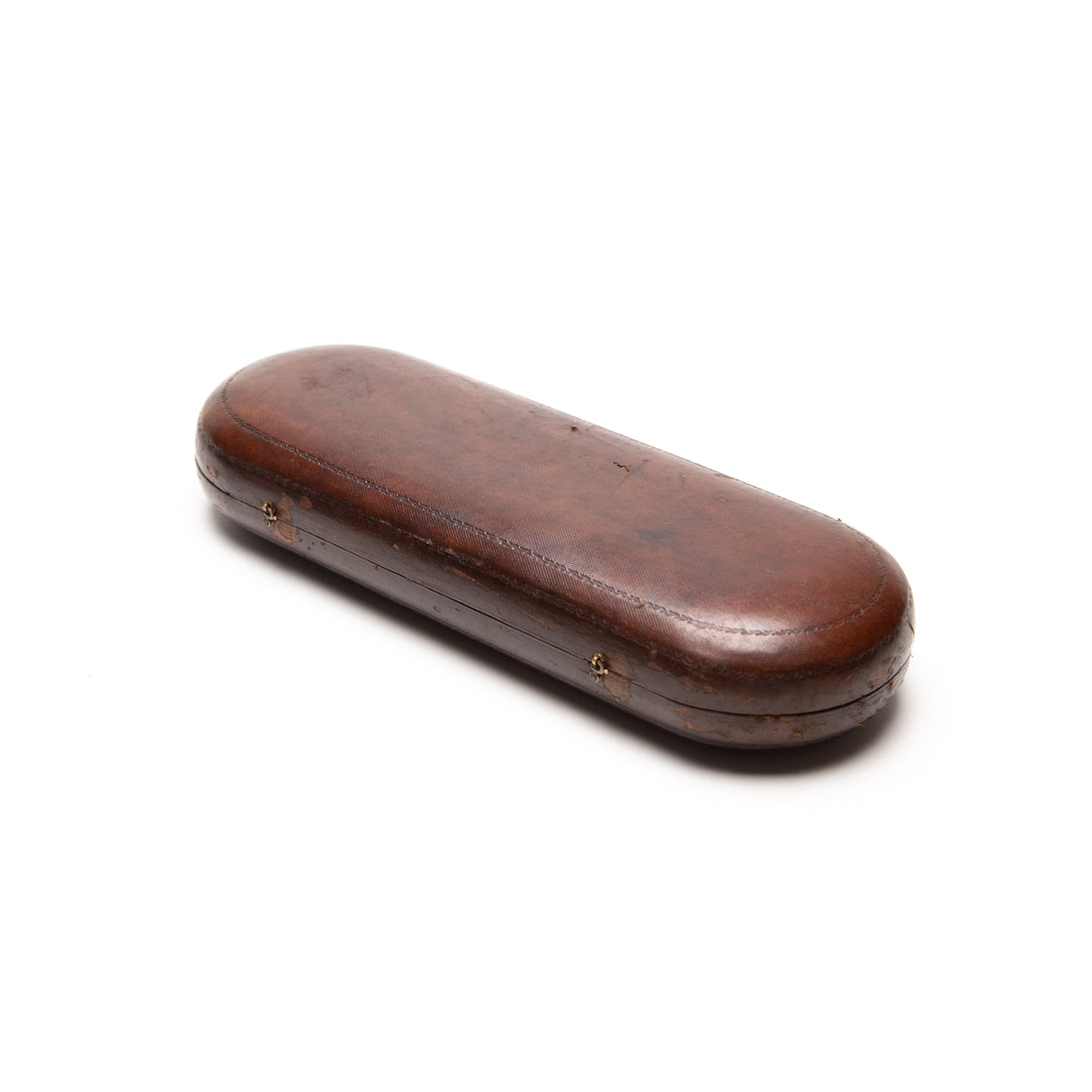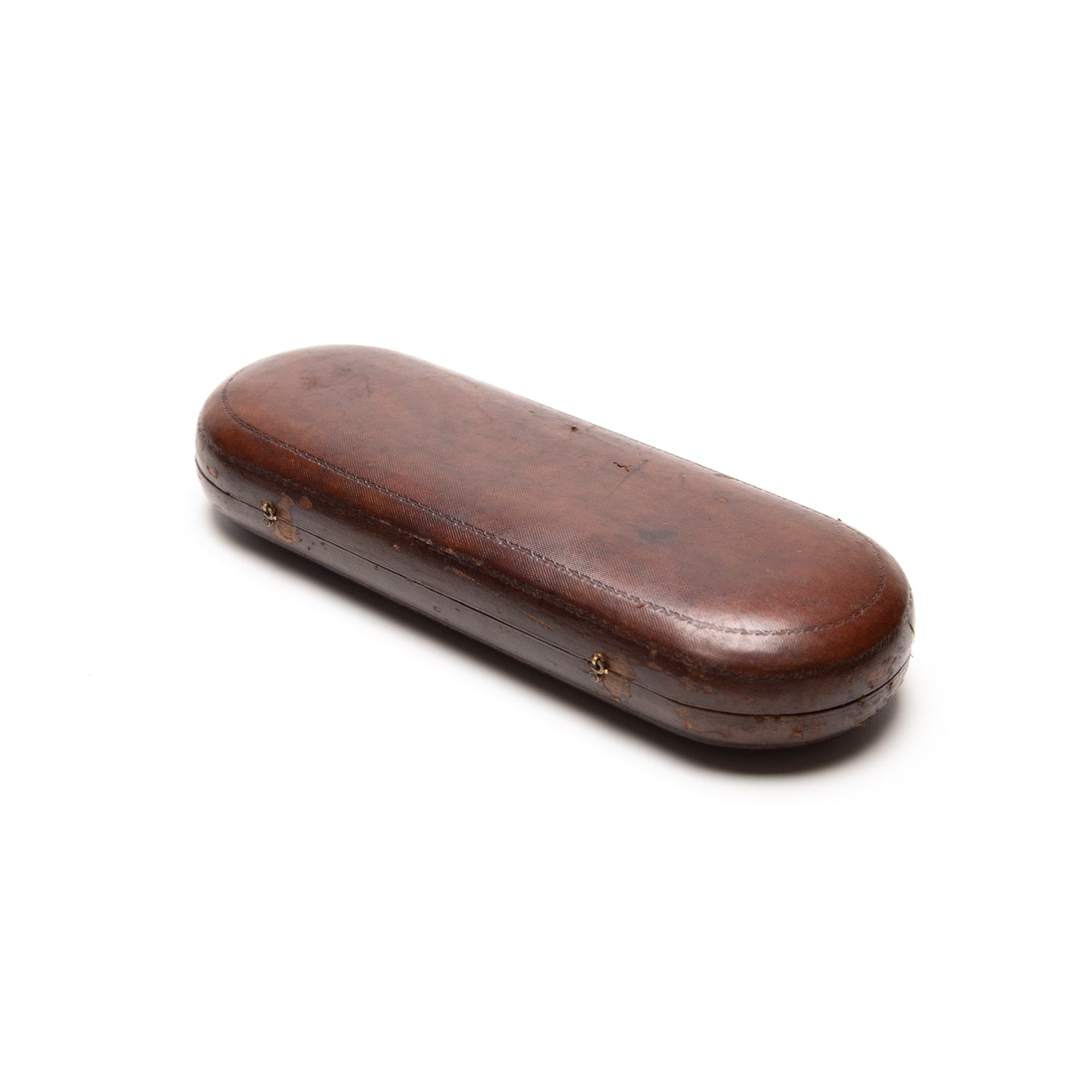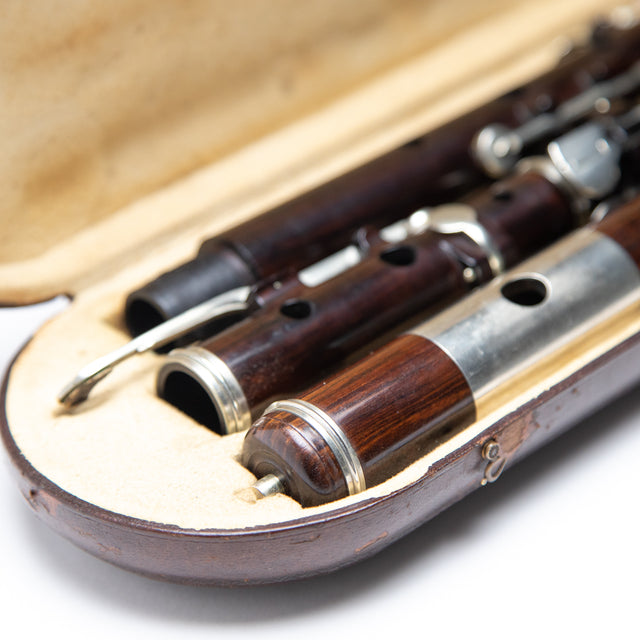Condition: Restored by Jonathan Walpole. This flute is in remarkably good condition. Even under very close inspection it looks and plays as if it has come directly from the factory. It truly is in mint condition. All notes, including those using the foot keys, speak clearly. Restoration work on this one included a thorough cleaning, polishing, re-padding all keys and ensuring perfect action, but no repairs were necessary. This is very unusual for a 160 year old flute!
Beautiful figured cocus wood, German silver keys, rings and lip plate, excellent player at A=440 hz with slide extended about 8-10 mm. Tone holes are slightly larger than normal for American flutes, making this a great instrument for ITM. The condition of this flute is basically flawless. It is a real "time capsule" and is in basically the same condition it would have been in when it left the factory 160 years ago! It is rare to find one like this. Comes in its original suede lined case.
8-keys – C, Bb, G#, long and short F, Eb, and C# and C foot keys. The lower two foot keys seal using pewter plugs in circular nickel plates. The remaining keys have leather-covered pads in flat cups. The touch for the short F key is low and depresses into a recess in the flute body. This recess holds a leather disk as a cushion. The end cap has internal threads that engage with a threaded cork holder (turned from cocus wood), and can be twisted to fine-tune the stopper position. A finial of nickel silver protrudes through the end cap to give a visual indication of the stopper position.
Makers marks: The head is marked “FIRTH, SON & Co / NEW YORK”. The barrel is marked “FIRTH, SON & Co / NEW YORK“. The left hand section of the body is marked “FIRTH, SON & Co / NEW YORK / GERMAN SILVER”. The right hand body section is marked “FIRTH, SON & Co / NEW YORK“. The foot is marked “FIRTH, SON & Co / NEW YORK“.
History: Firth, Son & Co operated in New York from 1863 to 1867. The company was a partnership of John Firth and his son Thaddeus, with some involvement of another son, Edward J. Firth. In 1867 the company was sold to Ditson. For a detailed history of John Firth and his role in early American flute making, see this excellent article by Wendell Dobbs.
Condition:
Condition: Details:

